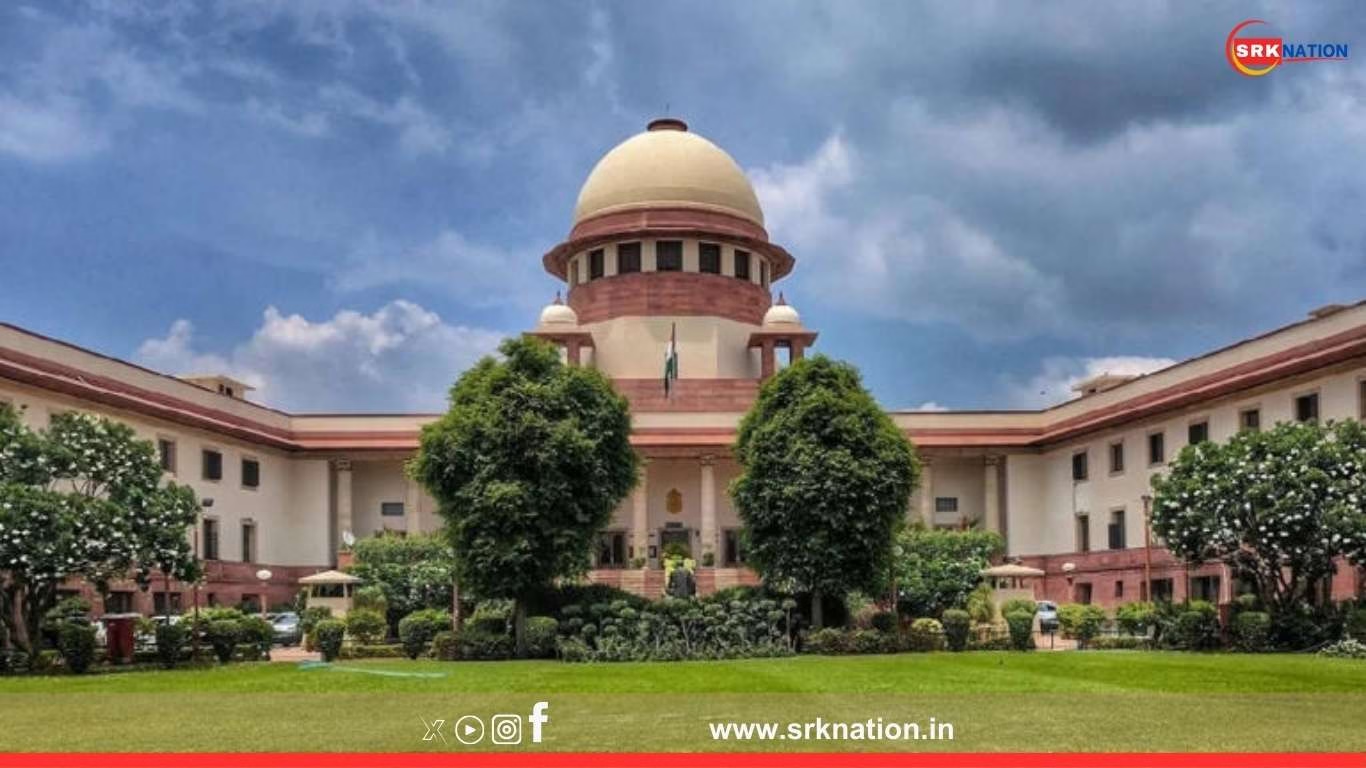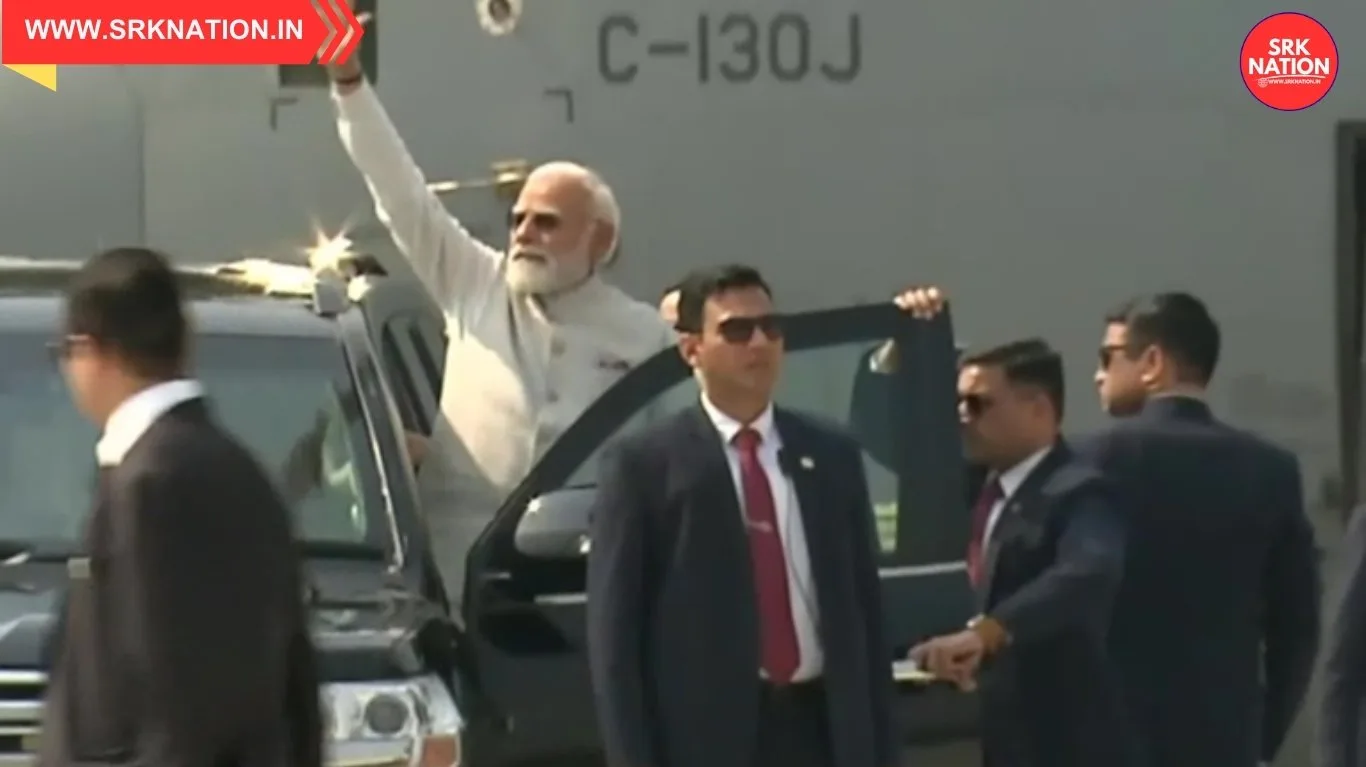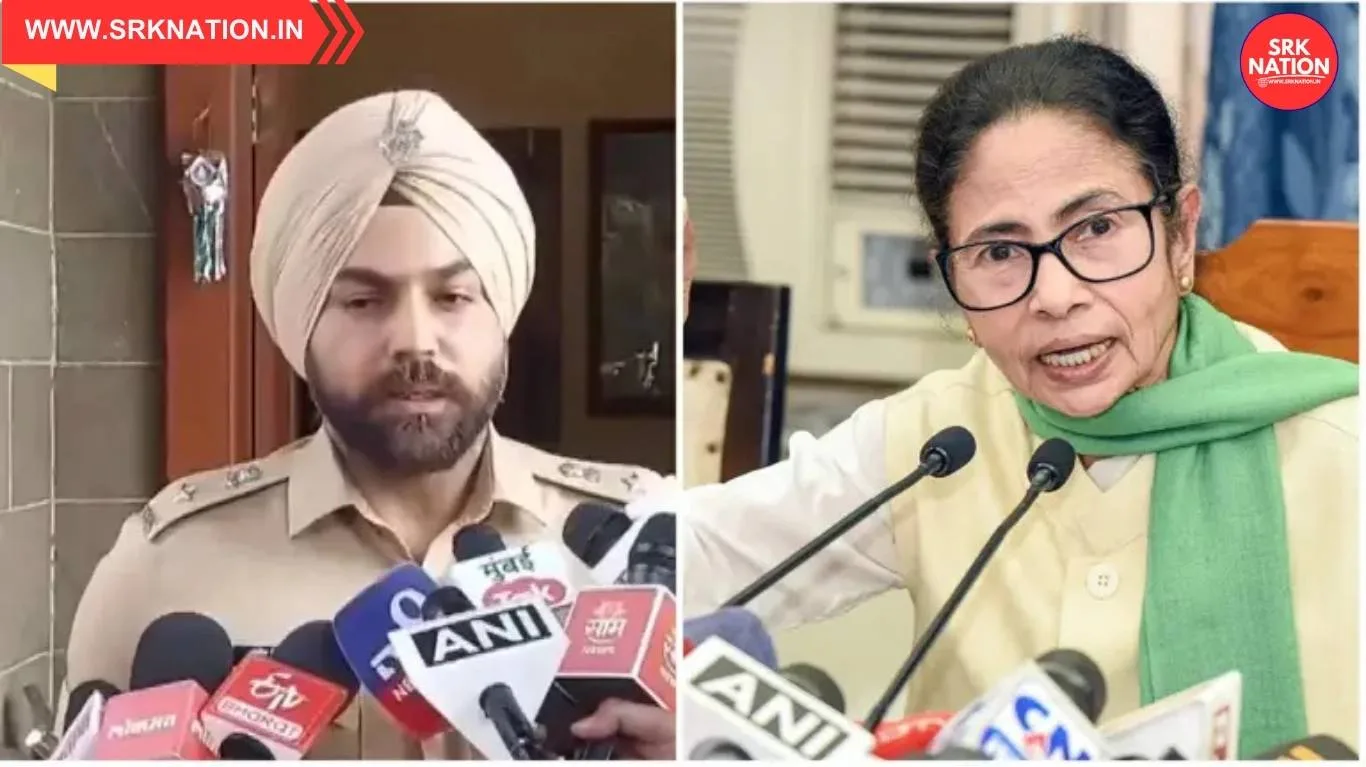In a significant development that could reshape Bihar’s electoral landscape, the Supreme Court of India has issued a stern warning that it will scrap the Special Intensive Revision (SIR) exercise undertaken by the Bihar State Election Commission if any illegality is found in its methodology. The apex court made the observation during a hearing on September 16, 2025, in response to multiple petitions challenging the constitutional validity and procedural integrity of the SIR process.
The SIR, launched in July 2025, aims to revise and update the electoral rolls across Bihar ahead of the upcoming panchayat and municipal elections. However, opposition parties, civil society groups, and legal experts have raised concerns over the transparency, timing, and alleged political motivations behind the exercise.
What Is Bihar’s Special Intensive Revision (SIR)?
The SIR is a targeted voter roll revision initiative undertaken by the Bihar State Election Commission to identify duplicate entries, update demographic data, and ensure accuracy in electoral rolls. It involves door-to-door verification, Aadhaar linkage, and biometric authentication.
| SIR Component | Description |
|---|---|
| Door-to-Door Verification | Field officers verify voter details |
| Aadhaar Linkage | Voter ID linked to Aadhaar database |
| Biometric Authentication | Fingerprint and iris scan for validation |
| Data Cleansing | Removal of duplicate and deceased entries |
| Timeline | July–October 2025 |
The exercise covers all 38 districts of Bihar and is expected to impact over 7 crore registered voters.
Supreme Court’s Observations and Legal Stand
During the hearing, the Supreme Court bench led by Chief Justice D.Y. Chandrachud stated that the judiciary will not hesitate to intervene if the poll body’s methodology violates constitutional principles or statutory provisions.
| Court Observation | Implication |
|---|---|
| “If illegality is found, we will scrap the entire exercise.” | Judicial oversight on electoral integrity |
| “Electoral rolls are the foundation of democracy.” | Emphasis on procedural fairness |
| “State Election Commission must act independently.” | Warning against political interference |
The court has directed the Election Commission to submit a detailed affidavit outlining the methodology, safeguards, and legal basis for the SIR by September 25, 2025.
Key Concerns Raised by Petitioners
Multiple petitions filed by opposition leaders, NGOs, and voter rights groups have flagged the following issues:
| Concern | Description |
|---|---|
| Lack of Public Consultation | No prior notice or stakeholder engagement |
| Data Privacy Violations | Aadhaar linkage without consent |
| Political Bias Allegation | Targeted deletions in opposition strongholds |
| Legal Ambiguity | No clear statutory mandate for SIR |
Petitioners argue that the SIR could disenfranchise thousands of voters, especially from marginalized communities, and undermine the credibility of upcoming elections.
Bihar Government and Election Commission’s Defense
The Bihar State Election Commission has defended the SIR as a necessary step to ensure clean and accurate voter rolls. The government claims that the exercise is in line with the Election Commission of India’s guidelines and has been approved by the state cabinet.
| Defense Argument | Justification |
|---|---|
| Electoral Roll Accuracy | Prevents bogus voting and fraud |
| Aadhaar Integration | Enhances transparency and verification |
| Legal Backing | Based on Bihar Panchayat Raj Act and SEC rules |
| No Political Interference | Conducted by independent officers |
The commission has assured the court that no voter will be removed without due process and that grievance redressal mechanisms are in place.
Political Reactions and Fallout
The SIR controversy has triggered a political storm in Bihar, with parties across the spectrum taking divergent positions.
| Political Party | Position |
|---|---|
| Rashtriya Janata Dal (RJD) | Demands immediate halt to SIR |
| Bharatiya Janata Party (BJP) | Supports the exercise as reformative |
| Congress | Calls for judicial monitoring |
| Janata Dal (United) | Seeks clarification from SEC |
Opposition leaders have accused the BJP-led government of using the SIR to manipulate voter rolls ahead of the 2026 Assembly elections.
Impact on Voters and Electoral Timeline
If the Supreme Court finds procedural flaws in the SIR, it could delay the panchayat and municipal elections scheduled for early 2026. Voter confidence and participation may also be affected.
| Electoral Impact | Consequence |
|---|---|
| Delay in Elections | Possible postponement of local polls |
| Voter Disenfranchisement | Risk of wrongful deletions |
| Legal Precedent | Could influence future roll revisions |
| Public Trust | Erosion of confidence in electoral process |
Civil society groups have urged the Election Commission to conduct awareness campaigns and publish real-time updates on the SIR process.
Historical Context: Electoral Roll Revisions in India
India has a long history of electoral roll revisions, but controversies have often emerged around timing, methodology, and political influence.
| Year | Revision Type | Controversy |
|---|---|---|
| 2005 | Photo Electoral Rolls | Privacy concerns |
| 2015 | Aadhaar Seeding | Legal challenge in Supreme Court |
| 2020 | NRC in Assam | Mass exclusions, legal battles |
| 2025 | Bihar SIR | Alleged illegality, SC scrutiny |
The Bihar SIR could become a landmark case in defining the limits of state-led electoral interventions.
Conclusion: Supreme Court’s Warning Puts Bihar SIR Under Microscope
The Supreme Court’s unequivocal stance on scrapping the Bihar SIR if illegality is found has placed the State Election Commission under intense scrutiny. As the court awaits a detailed affidavit, the future of the SIR—and its impact on Bihar’s democratic process—hangs in the balance.
Whether the exercise emerges as a model for electoral reform or a cautionary tale of overreach will depend on the transparency, legality, and fairness of its execution.
—
Disclaimer: This article is based on publicly available court records, verified news reports, and official statements. It is intended for informational purposes only and does not constitute legal advice. All figures and developments are subject to change based on judicial proceedings and government updates.











